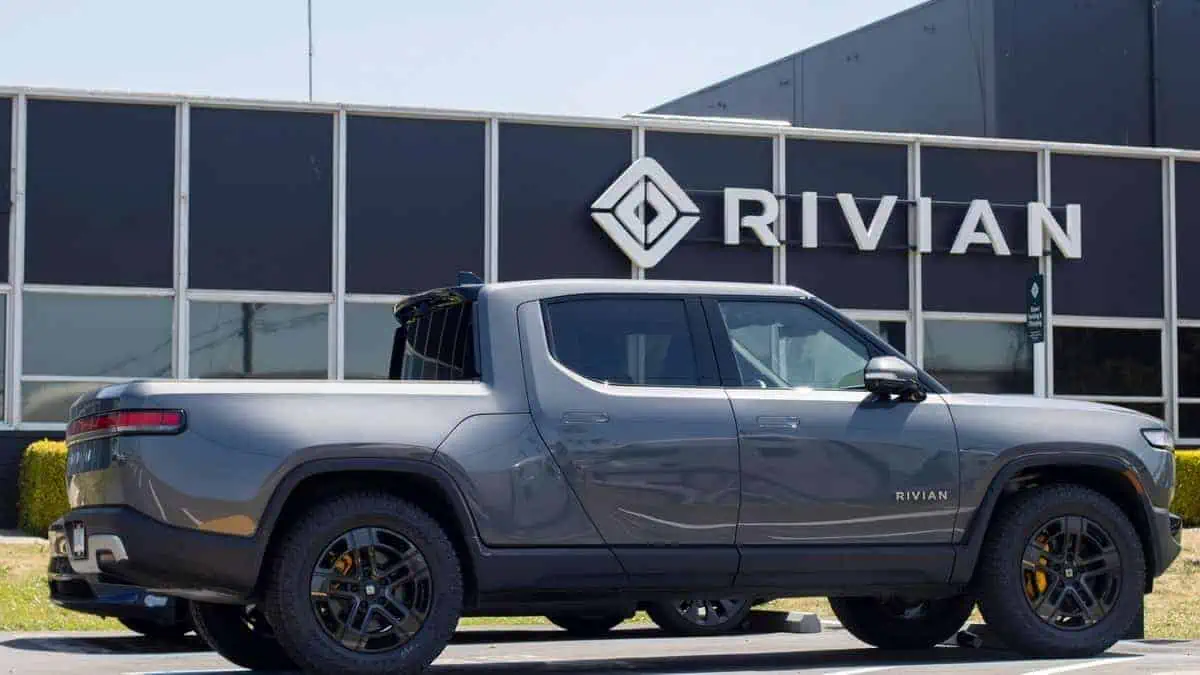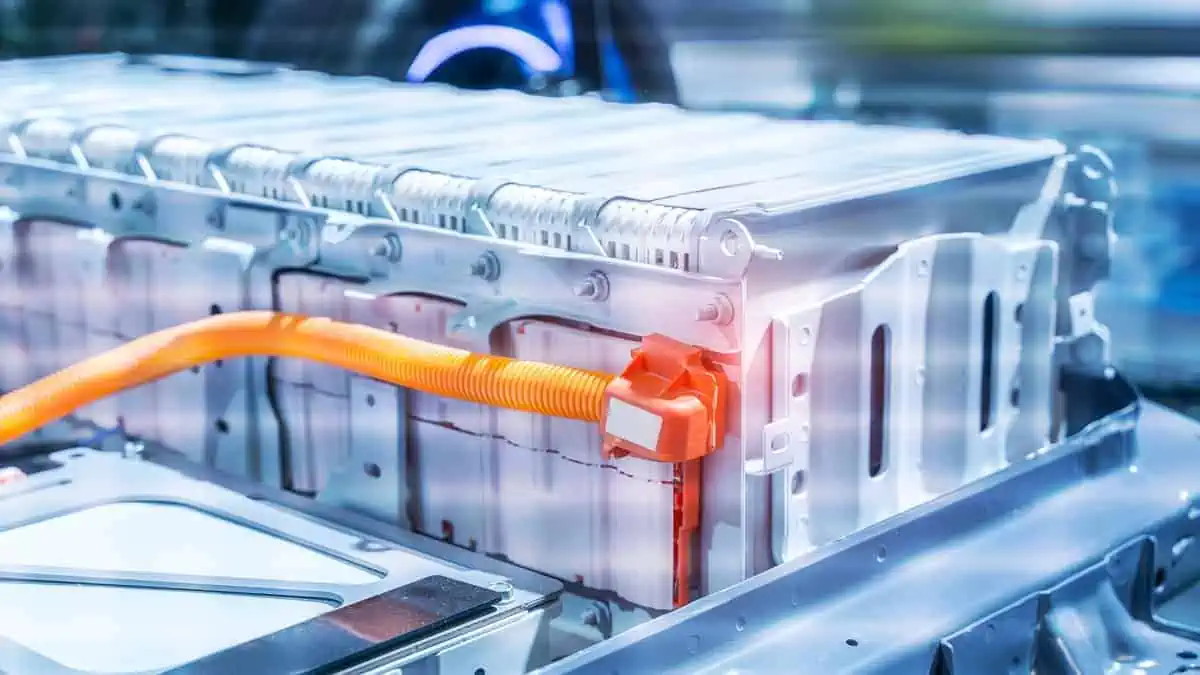Rivian has patented an air-conditioned EV charger that aims to speed up charging by heating or cooling a vehicle’s battery while charging.
The issue of battery temperature is one roadblock to uncovering faster charging for EVs. As an EV’s battery charges, it begins to heat up and keep the temperature.
The charging point reduces its power output to enable the battery to cool. Rivian has patented a system that could enable a charger to help cool or heat a battery by the vehicle, depending on the ambient conditions, to combat power throttling.
AC system in charging points
According to Rivian’s patent, the air conditioning system would be developed into the charging point and could heat or cool the battery depending on the surrounding temperature.
By providing hot or cool air on the battery, Rivian believes that charging speeds can be increased, the battery life span can be preserved, and fire risk while charging can be lowered, all while charging at extremely high wattages.
Since no physical changes to the battery temperature control system are required, this system could be easily integrated into any of Rivian’s current vehicles.
The vehicle’s battery management system would work to preserve the battery’s internal temperature, but rather than taking in only outside air, the air pushed under the truck would be pre-conditioned by the charger.
According to the Rivian patent, this innovation was prompted by the rapid increase in charging power for electric vehicles over the last 5-10 years.
With the rapid advance of fast charging technologies for vehicles, the cooling demand of batteries during charging has increased dramatically
Rivian stated on their new venture
Beneficial for non-conditioned batteries
Rivian needs to clarify how much faster charging their trucks will be due to this.
However, this leap could be equally impressive given the jump from non-conditioned batteries in early Nissan Leafs to the charging speeds available in most modern EVs.
Devices like the one patented by Rivian may become essential as companies strive to provide drivers with increasingly rapid pace charging speeds on their new electric vehicles.
It would not only enable higher charging wattages but also allow drivers to charge faster, more safely, and without jeopardizing the longevity of their existing battery.
This type of innovation will become an actual offering sooner rather than later.






